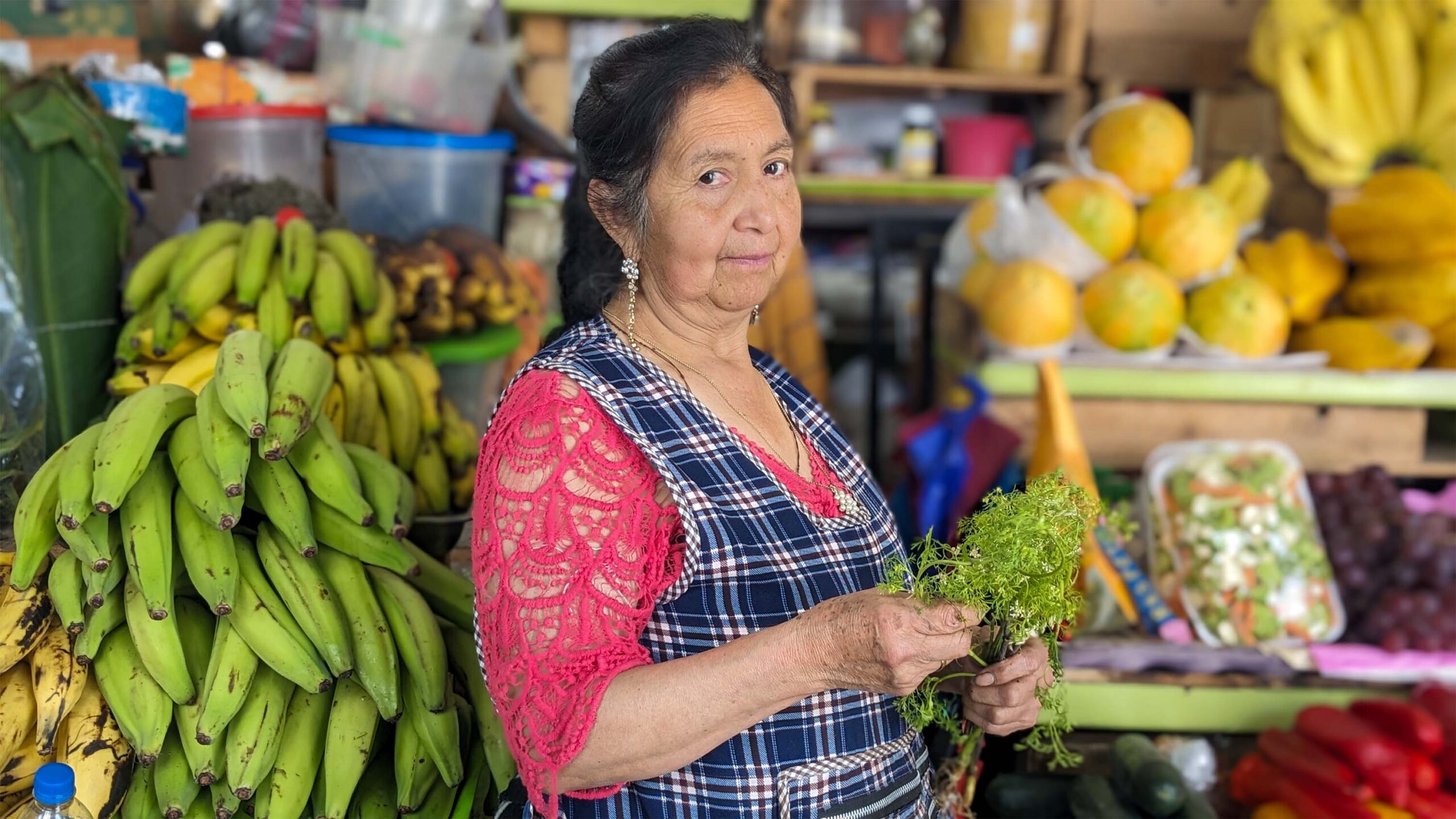Research staff from the Institute of Agrochemistry and Food Technology (IATA-CSIC), located in the scientific-academic area of the University of Valencia Science Park, and the Institute of Natural Products and Agrobiology (IPNA-CSIC), develop the CLIMALBIO project, with the aim of promoting dialogue between science and culture on food and biodiversity between Spain, Ecuador and Argentina
The Institute of Agrochemistry and Food Technology (IATA), located at the University of Valencia Science Park (PCUV), and the Institute of Natural Products and Agrobiology (IPNA), research centers of the Spanish National Research Council (CSIC), join forces to contribute to the connectivity between science and society through the citizen science project CLIMALBIO. Its purpose is to establish a bidirectional communication and knowledge transfer network on food, biodiversity and health between Spain, Ecuador and Argentina. In a first experience, the research staff has exchanged scientific and popular knowledge with Ecuadorian populations on local culinary traditions and examples of agri-food sustainability.
Marta Arroyo Calatayud, researcher of the Integrative Approaches in Food Toxicology group at IATA-CSIC, and Eduardo Díez Pombo, researcher of the Social Sciences, Heritage and Food group at IPNA-CSIC, have recently traveled to Ecuador to establish networks with local institutions, communities, students and citizens in the framework of the CLIMALBIO project. There, they have carried out different training activities and workshops based on local needs, prioritizing synergies between scientific and popular knowledge and generating audiovisual content in order to disseminate Ecuadorian culinary and nutritional knowledge. This content will be presented in a comparative framework with the other two collaborating countries, Argentina and Spain.
In the sessions focused on biodiversity, the participants in these workshops have shared their worldview and concrete actions to promote biodiversity, balance and health of the agro-food systems in the area. For their part, the research staff provided participants with tools to characterize soil pH and structure or evaluate agricultural performance.
"Traditional culinary arts have provided us with examples of sustainability, nutritional balance and delighting the palate at the same time. In our exchange, we have shared other ways of cooking and producing," Marta Arroyo, researcher of the Integrative Approaches in Food Toxicology group at IATA-CSIC
The culinary knowledge exploration workshops have shown IATA and IPNA staff the techniques, processes and tools used by different Ecuadorian population groups. "Traditional culinary arts have provided us with examples of sustainability, nutritional balance and delighting the palate at the same time. In our exchange, we have shared other ways of cooking and producing," says Marta Arroyo.
Citizen Science from the hand of committed collectives
"From IATA-CSIC and IPNA-CSIC we are grateful for the involvement of all the people who have shared their time, experiences and knowledge during this trip, from which we return with the illusion of continuing to intertwine knowledge," explains the IATA-CSIC researcher. "This first experience of the project has made it clear to us that the communities understand that we are not only what we eat, but how we produce it, how we cook it or with whom we share it," she declares.
Eduardo Díez Pombo highlights the importance of the dialogues with students from the Escuela Superior Politécnica Agropecuaria de Manabí (ESPAM), an experience that "has given us the opportunity to share the concerns of young groups, involved and sensitive to the problems of global change, who have contributed ideas for action and future collaborations". "Recovering, remembering, preserving and honoring existing knowledge, adding to scientific progress, is fundamental to continue moving forward. Let us make visible the heritage, the knowledge and the invisible world of the subtle, including here all the microbial networks that as extensive ecosystems coexist inside and outside of us," the researchers conclude.
"Recovering, remembering, preserving and honoring existing knowledge, adding to scientific progress, is fundamental to continue moving forward. Let us make visible the heritage, the knowledge and the invisible world of the subtle, including here all the microbial networks that as extensive ecosystems coexist inside and outside of us," Eduardo Díez Pombo, researcher of the Social Sciences, Heritage and Food group at IPNA-CSIC
Participants and funding
The following have participated in the project: ReAct Latin America; QUILLOAC Intercultural Bilingual Pedagogical Institute or the Escuela Superior Politécnica Agropecuaria de Manabí (ESPAM); Universidad San Francisco de Quito (USFQ); Universidad Técnica de Manabí (UTM); ALMA Slow Food community; Elabriego Alegre; La cosecha-huerto didactic garden; Escuela de Gastronomía Iche; La Segua wetland staff; and Federación de Organizaciones Campesinas de la Zona Norte de Manabí (FOCAZNOM).
The CLIMALBIO project is funded by the Ministry of Science, Innovation and Universities, the Severo Ochoa Research Excellence Project of the Institute of Agrochemistry and Food Technology (IATA) and the CSIC through the LINCG2023 call. CLIMALBIO is part of the CSIC LINCGLOBAL program, which promotes interaction between Latin American and Spanish research personnel in the field of global change to advance the achievement of the Sustainable Development Goals.
News in the media


